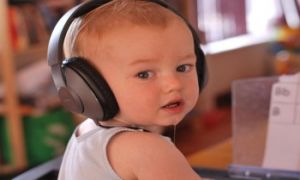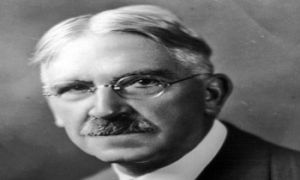During this stage, school age children have developed an increasing need of independence and become more socially accepting of peers. Play becomes more complex, with rules being established in group games and games are focused on having a “winning” team or being called the “winner” at the end of a game. Competitiveness begins to emerge as school age children continue to compare themselves with school peers. It is also common at this age, for school age children to have unstable friendships as they start to be unkind towards each other.
Social and Emotional Development Milestones from 6 years+
- can give home address (street, suburb, house number etc.)
- fully undresses and dresses themselves completely alone (except shoe laces)
- uses knife and fork appropriately while eating
- becomes easily embarrassed by parents (boys don’t like being kissed in public by mum)
- uses social problem solving in games and play
- copies adults and constantly seeks their approval
- interacts with boys and girls but prefers to play with friends from the same sex
- enjoys conversations during meal times
- knows difference between sexes and may begin to self-explore
- begins to show interest in where babies come from
- generally reliable and responsible
- fears may continue to emerge (monsters, dark, falling, dogs etc.)
- may exhibit habits while feeling tired, nervous, upset (nail biting, blinking, thumb sucking etc.)
- can resolve conflict without adult assistance
- establishes rules in group games
- may change rules to fit own needs
- has trouble concentrating
- annoys, disturbs and bothers other children
- at times, may begin to feel insecure
- finds it difficult to accept blame, punishment or criticism
- often accuses peers of cheating (if they lose a game)
- during some situations can become demanding, negative, unresponsive
- understands strengths and interests of peers
School age children will have many experiences in different social contexts. Whether in the classroom or while playing with friends, a school age child will experience a roller coaster of emotions. It is important that to re-assure a school age child through positive interactions, giving them a certain amount of freedom and not to become over critical. This is an important stage in their social and emotional development as they start to explore their social awareness.


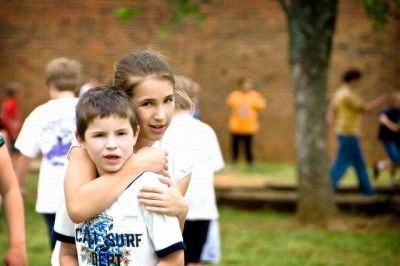
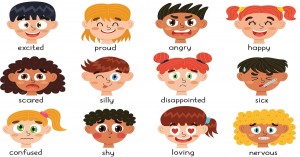
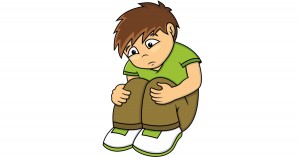
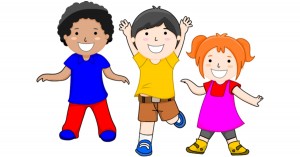
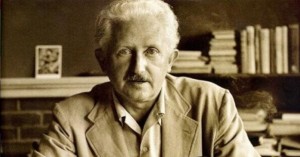
 Toddlers have a greater understanding of the world around them by this stage. Their cognitive development (also known as intellectual development and thinking skills) continues
Toddlers have a greater understanding of the world around them by this stage. Their cognitive development (also known as intellectual development and thinking skills) continues Infants begin to develop trust when parents begin to fulfil their needs. Such as changing an infant's nappy when needed, feeding on request and holding
Infants begin to develop trust when parents begin to fulfil their needs. Such as changing an infant's nappy when needed, feeding on request and holding Beginning at birth the construction of thought processes, such as memory, problem solving, exploration of objects etc, is an important part of an infant’s cognitive
Beginning at birth the construction of thought processes, such as memory, problem solving, exploration of objects etc, is an important part of an infant’s cognitive Toddlers want to do more on their own and do not like it when you begin to establish limits on their behaviour. Tantrums can become
Toddlers want to do more on their own and do not like it when you begin to establish limits on their behaviour. Tantrums can become Your preschooler is now able to focus their attention more accurately and is less influenced by distractions. The intensity of questions increase as your child
Your preschooler is now able to focus their attention more accurately and is less influenced by distractions. The intensity of questions increase as your child John Dewey is often seen as the proponent of learning by doing – rather than learning by passively receiving. He believed that each child was active,
John Dewey is often seen as the proponent of learning by doing – rather than learning by passively receiving. He believed that each child was active, Toddler advance and gains new skills in Gross Motor Development milestones achieved throughout earlier years. Co-ordination and challenges that could not be performed before such
Toddler advance and gains new skills in Gross Motor Development milestones achieved throughout earlier years. Co-ordination and challenges that could not be performed before such Erik Erikson developed a psychosocial theory to understand how we each develop our identities through eight stages of psychosocial development from infancy to adulthood. The
Erik Erikson developed a psychosocial theory to understand how we each develop our identities through eight stages of psychosocial development from infancy to adulthood. The At this point preschoolers begin to interact effectively with others. Play becomes more innovative and organized and “boyfriend” or “girlfriend” begins to emerge. Preschoolers have
At this point preschoolers begin to interact effectively with others. Play becomes more innovative and organized and “boyfriend” or “girlfriend” begins to emerge. Preschoolers have From now, babies begin to identify and respond to their own feelings, understanding other's feelings & needs and interact positively with others. A baby's social and
From now, babies begin to identify and respond to their own feelings, understanding other's feelings & needs and interact positively with others. A baby's social and